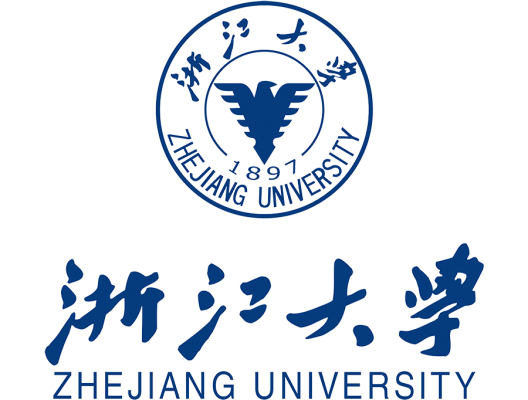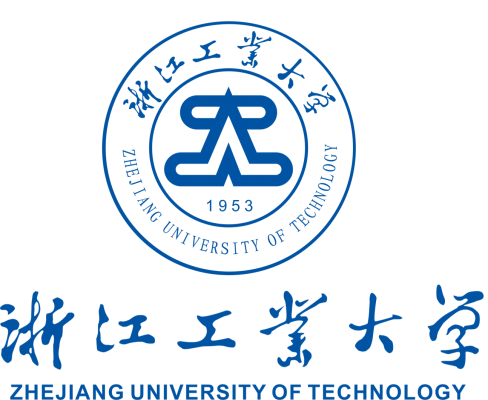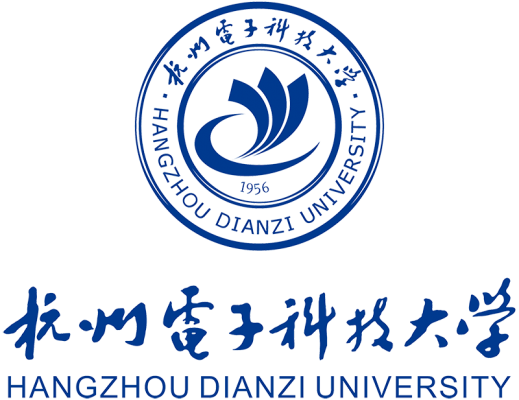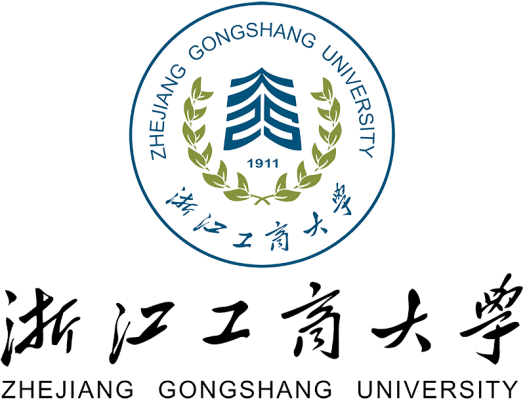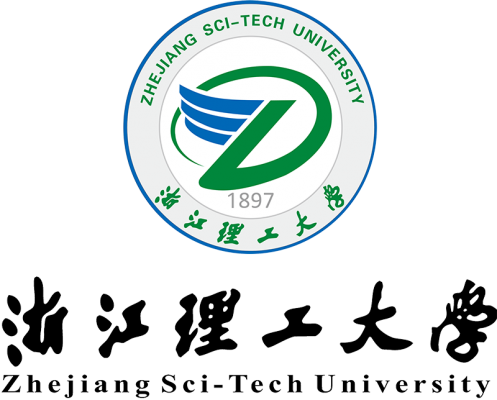
Biography:
Ying-Jun Angela Zhang received her Ph.D. degree from the Department of Electrical and Electronic Engineering, The Hong Kong University of Science and Technology. She is now a Professor in the Department of Information Engineering, The Chinese University of Hong Kong. Her research interests focus on optimization and learning in wireless communication systems.
Prof. Zhang is a Member-at-Large of IEEE ComSoc Board of Governors, the Steering Committee Chair of IEEE Wireless Communication Letters, a member of the Steering Committees of IEEE Transactions on Mobile Computing and IEEE SmartgridComm Conference. Previously, she served as the Editor-in-Chief of IEEE Open Journal of the Communications Society and the Founding Chair of IEEE ComSoc Technical Committee of Smart Grid Communications.
Prof. Zhang is a co-recipient of 2021 and 2014 IEEE ComSoc Asia Pacific Outstanding Paper Awards, 2013 IEEE SmartgridComm Best Paper Award, and 2011 IEEE Marconi Prize Paper Award on Wireless Communications. As the only winner from engineering science, Prof. Zhang won the Hong Kong Young Scientist Award 2006, conferred by the Hong Kong Institute of Science.
Talk Title:
Task Oriented Semantic Communication for Next Generation Wireless Systems
Talk Abstract :
Task oriented communications, which extracts only task-relevant information for transmission, is envisioned to be a key enabler to alleviate the communication burden in next-generation wireless networks. Thanks to the recent advances in AI, deep neural networks (DNNs) has been introduced for task-relevant information extraction. Nonetheless, most existing work either overly simplifies the wireless channel as bit pipes or design the learning and communication modules separately with distinct objectives. Conventionally, the learning module targets accurate execution of specific tasks, while the communication module aims at throughput maximization, delay minimization, or bit error rate minimization. The inconsistency between the design objectives hinders the exploitation of the full benefits of task-oriented communications. In this talk, we advocate a unified task-oriented communication design, in which learning and communication not only share a common objective, i.e., the successful completion of the task, but also maintain a modularized design framework. In particular, we base our design on a recently emerged concept of maximum coding rate reduction (MCR2), a white-box deep network structure.













